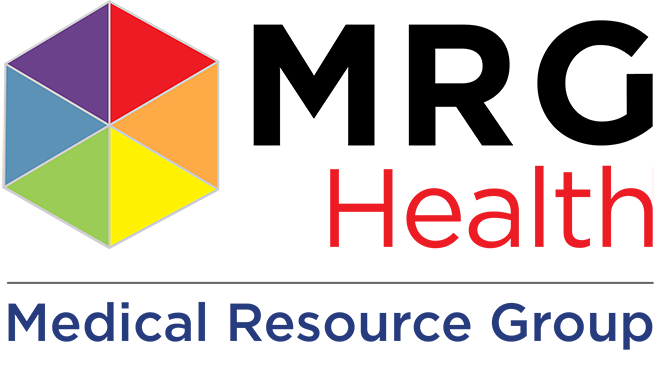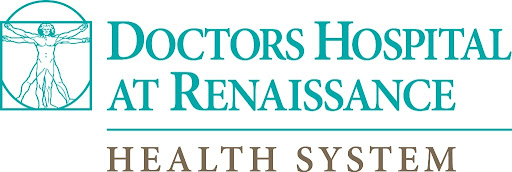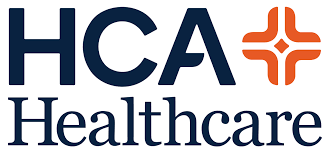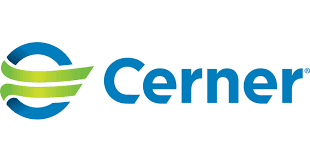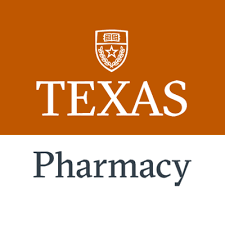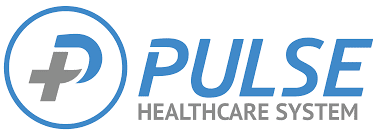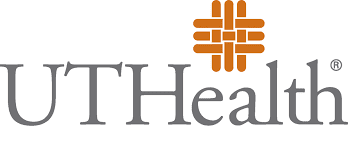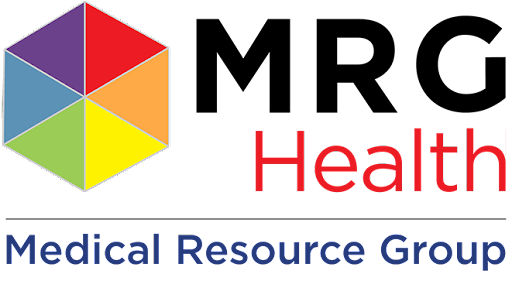The Challenges of Operating a Nephrology Practice

Nephrology: Diagnosis: Chronic kidney disease, diabetic kidney disease, End-Stage Renal Disease. Biometric/Activities being monitored: Activity, Blood pressure, Weight, Glucose, Pain scoring, Medication compliance, Physiological symptom survey engine with threshold and alert management capabilities. Types of Services: PCM – Principle Care Management CCM – Chronic Disease Management RPM – Remote Patient Monitoring RTM – Remote Therapy Management Wellness Nutrition Barriers to Adequate Nephrology Management Potential factors that could negatively impact proper chronic kidney disease management for your patients: Chronic kidney diseases require extensive and extended care that quickly adds up the bills resulting in patients avoiding the hospital care system altogether. Due to the comorbid nature of CKD, its care management requires constant collaboration between members of different healthcare teams. This is not always possible due to time constraints, differing work schedules, and other reasons resulting in poor service. Discrepancies in following standard CKD guidelines across various departments due to a lack of proper technology to update the latest test results, diagnosis, prescriptions, and diet charts on time. Various reasons like disabling pain, professional commitments, lack of funds, and similar factors hinder a patient’s ability to visit the hospital premises frequently–as is necessary for CKD care. Various Studies Conclude Virtual Care Improves Nephrology Outcomes Several primary studies and systematic reviews conclude that virtual care services yield better or comparable results to traditional chronic kidney care management services. VCM makes Nephrology Chronic Care Management(CCM) more accessible, faster, and robust. It addresses patient complaints and concerns on time by ensuring coordination between various medical departments. Patients can call or contact their primary care provider via phone, minimize their symptoms, keep their medical bills in check, and improve their quality of life. Increased engagement with virtual care providers also improves patient compliance with care plans. Nephrologists can rely on technology to provide live counseling sessions, interact 1:1 with their patients, educate them to make informed choices, and ensure timely medical intervention with live updates of physiological symptoms relayed via virtual clinical threshold and alert management systems. WHY SmartCare 360? Improve Patient Outcomes Virtual Care Management systems allow patients with kidney diseases to have more facetime with doctors, facilitate home treatment, flexible appointment scheduling and easy follow-up, and also optimize a Nephrologist’s time and resources. Everything from the patient’s medical therapy, drug intake, nutrition, and exercise to behavioral practices is significantly improved with virtual care services. Create Profitable Revenue RPM reduces expenses and increases overall revenue by providing real-time data, offering improved care delivery, and avoiding potential complications. MRG Health’s all-inclusive wellness program can boost your bottom line by $10,000/month for every 400 patients. Cost Effective for Patients Virtual Care services provide more affordable options for patients with kidney diseases than traditional services. Say goodbye to huge bills that add up right from getting a consultation with a Nephrologist to utilizing care services. Physicians adopting RPM also qualify for special government grants that offset care costs and add to the profits. Give us a call at 1-855-MRG-5333or SCHEDULE AN ASSESSMENT Today
6 Major Things to Consider When Hiring a Virtual Care Management Company
How do you reduce stress and frustration among healthcare providers and patients at the same time? Through virtual care management, of course! Thinking about hiring a virtual care management company but not sure whether or not to make the investment? Keep reading to discover the top 6 things you should consider when making this decision. In recent years, virtual care management has become increasingly popular for hospitals, health organizations and private practices and for good reason. It offers a convenient, cost-effective way for patients to receive care from the comfort of their own homes while also freeing up time for providers. This makes it possible to give care to multiple patients simultaneously. It’s a win-win for everyone involved. If you are a healthcare provider who is looking to set up a virtual care management program for your organization, you stand to benefit greatly from it. However, it can be difficult to find a reliable virtual care management company that meets your needs and standards. After all, a project like this can run into the millions. Plus it is important to partner with a virtual care management company who completely understands what you need and can follow through on what they promise. Here are 6 major criteria to consider before hiring any virtual care management company: Easy patient adoption Adoption of any new system, whether it be a piece of technology or a new way of doing things, can always be a challenge. But when that system is designed with the user in mind from the beginning, the path to adoption becomes much smoother. When it comes to healthcare and easy patient adoption, this is even more critical. The virtual care system should not be designed with only the patients in mind, but also for their social support systems and caregivers who play vital roles in their care. As such, the system you go with should be easy to use, accessible, and convenient for anyone. Plus it should not require any special training or tech savviness. In addition, it should be available on any platform such as Apple, Android, Google and all blue-tooth devices. Lastly, if the virtual care management company can gamify the user experience, that is a BIG plus! Gamification incentivizes patients to use the system and drive compliance with their daily care, which in the end, improves the patients’ overall health and care. Initial and ongoing support for the medical staff Having a well-trained virtual care team in place is an important part of providing quality patient care and for relieving the workload of providers. When patients’ biometric data falls outside of their health providers’ parameters, an expert virtual care team can respond accordingly by reaching out to the patients and their personal caregivers to triage the situation and then coordinate the next steps in care. This level of coordination can improve access to care, reduce emergency room visits, and provide faster response times. If the company has a fully functioning and well-trained staff, it frees up your medical team so you can focus on other areas of patient care. In addition, with the right amount of ongoing virtual care support, you can expect to see a reduction in the number of phone calls you receive on a daily basis. Full integration of technology with electronic health records (EHR) One of the major benefits of virtual care management technology is that it can be integrated with existing electronic health record (EHR) systems. This means that there is no need to duplicate work by logging into a separate platform to view patient data. Instead, everything can be accessed from one central location. This can save considerable time and effort for busy healthcare teams while improving patient outcomes by providing more timely and convenient access to care. Time-tracking software for audits As anyone who has ever worked in the medical field knows, effective time management is essential. This is especially true for virtual care providers, who often have to juggle a large number of patients at once. An effective virtual care management system should therefore include a feature that tracks the amount of time you spend on each patient. This is not only useful for later audits, but it also helps you to monitor your own performance and ensure that you are giving each patient the attention they deserve. By tracking your time, you can quickly identify any areas where you need to improve, and make sure that you are providing the best possible care for your patients. Availability of all value-based virtual care services An effective virtual care management system should have all value-based virtual care services by CMS standards, including CCM, RPM, PCM, and TCM. Some companies may only provide one or two types of services, which can cause fragmentation and a lack of patient support. When providers are unable to provide all virtual care services, they stand to lose additional profit gain because patients will be looking to other healthcare organizations to meet all of their needs. Efficient revenue cycle management When it comes to billing and collections, accuracy is key. That’s why revenue cycle management is so important. By having a dedicated team that understands the ins and outs of coding and billing, you can be sure that you are getting the maximum reimbursement for each service. And by basing your fee model on success, you can be sure that you are only paying for results. When it comes to revenue cycle management, efficiency is the name of the game. And with the right team in place, you can be sure that your bottom line will benefit. Virtual care management is a great way to reduce stress and frustration among healthcare providers and patients. It offers a convenient, cost-effective way for patients to receive care from the comfort of their own homes while also freeing up time. If you are a healthcare provider who is looking to set up a virtual care management program for your organization, you stand to benefit significantly. Hiring a reliable
